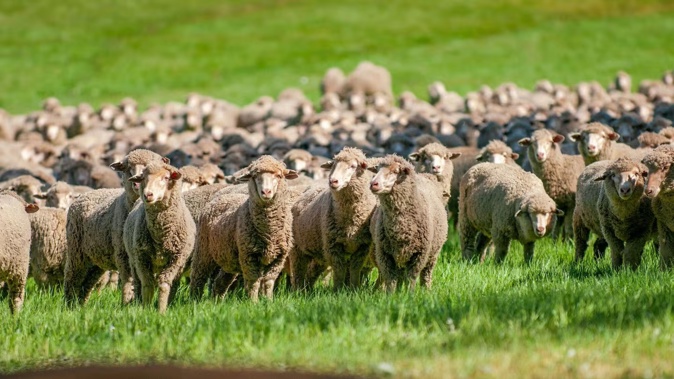
Kem Ormond takes a look at the world of farming back in the day.
Did you know that the Merino was the first of all breeds to inhabit the South Island?
It is also believed to be the descendant of the first breed to inhabit anywhere.
While the precise origin of the breed is uncertain, it is said that the breed sprung from Tarentine sheep imported into Spain at about the beginning of the Christian era.
This is according to an article written in the Hawke’s Bay Herald-Tribune back in 1937.
N.Z. Merinos
Mt Benger Mail, September 26, 1923
A Blenheim farmer says: The merino flocks of New Zealand are vanishing and the country cannot afford to lose them.
Most of the hill runs, which a few years ago carried merino flocks, are now carrying other breeds less profitable to the flock owners and of less advantage to the country.
It is hardly possible now to obtain the splendid even lines of merino ewes which were once available.
The foundation of the halfbred, the most numerous and popular breed in the South Island, has almost ceased to exist.
However, there is no doubt that the merino will again come into favour in our hill country, as sheep owners are beginning to realise the solid advantages of the breed.
With the exception of a very few especially good halfbred and Corriedale flocks, the average merino sheep cut a much heavier weight of wool per head than sheep of any other breed on similar or even better country.
It is generally recognised by experienced sheep farmers that more merinos than crossbreds can be carried on the same area.
One very great advantage of the merino flock is that the price of the wool is not nearly so subject to violent fluctuations as the price of courser wools.
Even in times of depression, like the present, merino wool is generally saleable at a profitable price.
It is, in fact, almost immune to slumps.
Surplus stock from a good merino flock finds a very ready sale.
There is always a good demand for the ewes for breeding halfbreds and wethers and even wether lambs, sell at least as well as store crossbred sheep of the same ages.
At the present they are worth more.
Export of Merino sheep from N.Z. banned
Hawke’s Bay Herald-Tribune, February 3, 1950
(P.A.)
Wellington, Feb. 3.
The export of Merino sheep from New Zealand is prohibited, except with the consent of the Minister of Customs, by an Order-in-Council gazetted last evening.
The prohibition is the result of an amicable arrangement with the Australian Government, and it has the support of the Sheepbreeders’ Association, with whom the matter was discussed by the New Zealand Authorities.
An official of the Department of Agriculture explained that Australia had not been supplying certain countries with Merino sheep, but had permitted their export to New Zealand, which required some Merino stock to maintain the Dominion’s halfbred and Merino flocks in the back country.
The export by New Zealand of Merino stock obtained from Australia or their progeny was regarded unfavourably by Australia.
- Source: Papers Past
Take your Radio, Podcasts and Music with you









